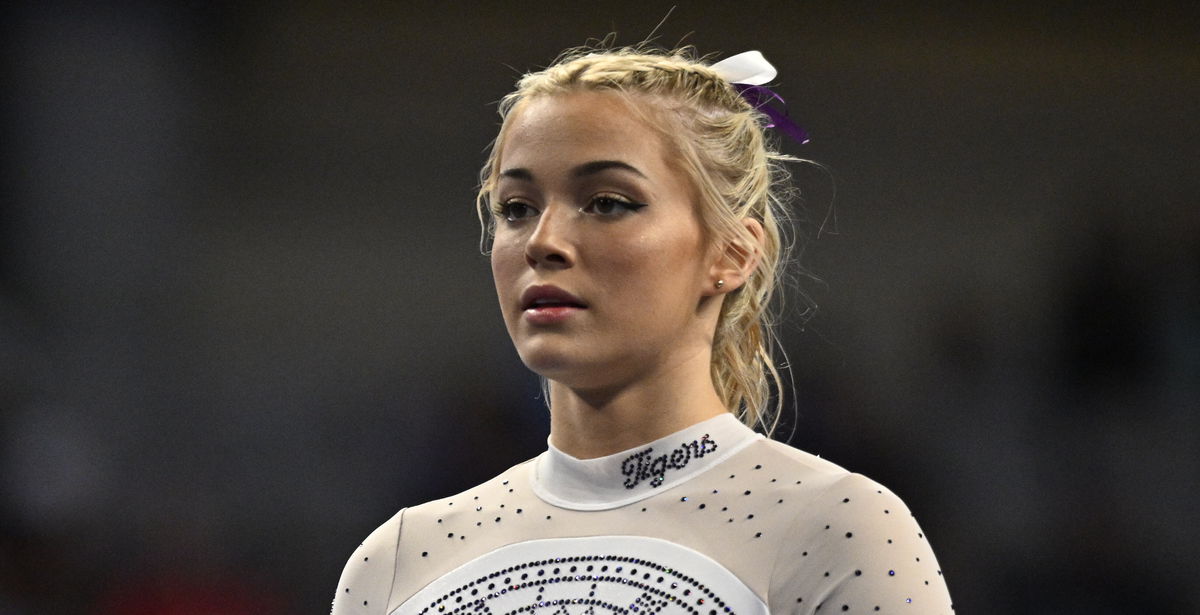

Once upon a time in the halls of college athletics, a legal storm had been brewing for years — House v. NCAA. It was supposed to be the case that redefined fairness for student-athletes, potentially bringing billions in backpay and changing the face of amateur sports forever. But with lawyers on one side and U.S. District Judge Claudia Wilken on the other, neither side was blinking. Just last month, Judge Wilken hit the brakes on what was supposed to be a done deal. She flagged a problem: how the proposed settlement would handle roster limits. The lawyers were told to fix it — fast. So on May 7, they came back with their answer. Their tweak?
Watch What’s Trending Now!
Schools can keep athletes who lost their spots because of the looming settlement, but they don’t have to. It’s optional. Voluntary. And if a school decides to keep those athletes, here’s the twist: they won’t count toward scholarship or roster limits ever again. Not until they hang up their cleats this season, not next. The same goes for incoming freshmen who had been promised a spot.
So if a school cuts their spot in anticipation of settlement-related downsizing and then takes them back, they’re ghost players in the eyes of the roster count. Sounds generous? Maybe. But there’s a catch. In a dry sentence buried in the legal brief (reported by CBS Sports), the NCAA’s lawyers made it plain: “In other words, there are no guarantees that designated student-athletes will get or maintain roster spots. But that does not adversely affect any injunctive relief class member.” Translation?
ADVERTISEMENT
These athletes may still end up without a team, and the schools will face no consequences. The comment section on Instagram said it best: “This is so messed up.” Because, for all the language of relief and fairness, the bottom line is brutally clear: athletes are still being treated as chess pieces. Or maybe now, as passengers on a train with no guaranteed destination.
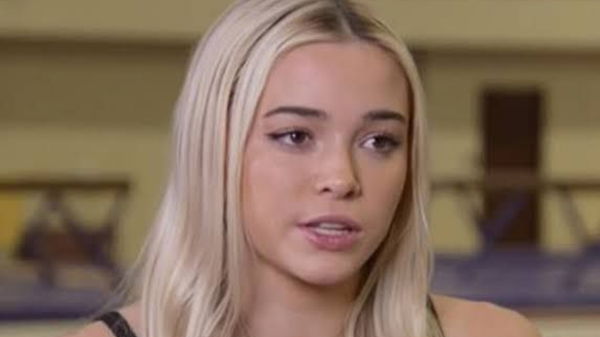
ADVERTISEMENT
And while the judge may have asked for clarity, what came back was anything but. To Judge Wilken, this might not be enough. If she rejects this settlement proposal, the case could go to trial — a terrifying thought for the NCAA, which has already taken a legal beating over player compensation rules. A courtroom trial would open the floodgates to discovery, depositions, and possibly the collapse of the entire model the NCAA has clung to for decades.
ADVERTISEMENT
And then there’s Olivia Dunne, one of the brightest stars of the NIL era. On April 7, Olivia made a rare appearance — virtually — to voice her objection during the settlement hearing. Her issue wasn’t with whether athletes deserve backpay, but how it’s being distributed. “This settlement doesn’t come close to recognizing the value I lost,” Dunne argued that the math behind the deal underestimates what she could’ve earned, and like many top female athletes, she believes the damage pool was sliced unfairly.
Behind the numbers, her frustration spoke to a broader truth: that even in a deal meant to repay, some are still left feeling shortchanged. Meanwhile, the clock keeps ticking. July 1 looms like a finish line—or a cliff. If the deal goes through, schools will be able to share up to $20.5 million per year in revenue with athletes. If not, college sports might be headed toward the kind of courtroom showdown that could change everything. Fans are watching closely, and their reactions on social media are anything but subtle.
ADVERTISEMENT
The college sports fans feel confused as Olivia Dunne does
Olivia Dunne knows her worth — and she’s not seeing it reflected in the billion-dollar settlement currently hanging in limbo in a federal courtroom. And she’s not alone. Fans across the college sports world are feeling the same thing Olivia is: undervalued, overlooked, and overwhelmed. What was supposed to be a resolution has become a riddle, and nobody seems to have the answer.
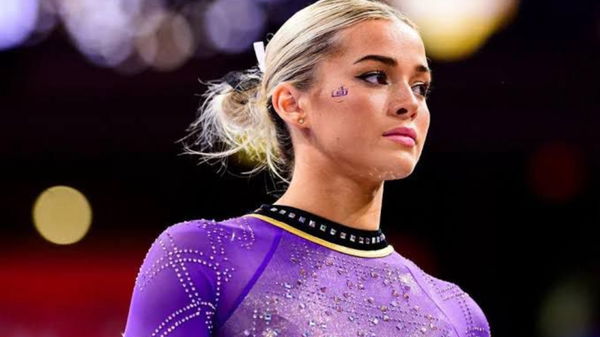
ADVERTISEMENT
Judge Claudia Wilken, for her part, has made it clear: she twice delayed a final ruling in April and told the attorneys to make it right. Specifically, she asked them to “grandfather” all current athletes into the new system. Not just some. Not “at the school’s discretion.” All. But when the updated brief landed this week, it raised more eyebrows than it answered.
Top Stories
Scottie Scheffler Injures Fan in the Head at American Express as Painful Moment Is Caught on Camera
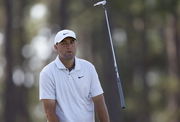
Greg Biffle’s House Burglary Suspect Identified After Officials Release Security Camera Footage – Report

‘Hideous’: Jason Day Sparks Outrage With Outfit Choice at PGA Tour Season Debut
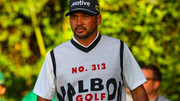
Prayers Pour in for PGA Tour Champions Star as Cancer Diagnosis Comes to Light

“Be Respectful”: Coco Gauff Shuts Down Crowd Comment as She Backs American Rival at Australian Open
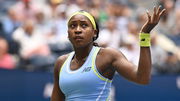
Indiana Fever Makes WNBA Announcement on Caitlin Clark’s 24th Birthday
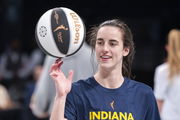
Now, schools can choose to retain players who lost spots due to the pending deal, but they don’t have to. They may go over the new roster limits — but only if they want to. In other words, it’s all optional. It’s all up in the air. And for many, that’s not justice. That’s a shrug. On X, one fan summed it up perfectly: “We were supposed to get a resolution to the House vs. NCAA Settlement today. Instead, we’re still in limbo and there are more questions than answers.”
ADVERTISEMENT
Another voice on Instagram added what many are thinking but few are saying outright: “I don’t think the judge will accept this; it is not mandatory for the schools to take it back. I think she will say it is not enough.” And maybe the most cutting comment of all? “Not even close to enough… this will cause even more harm than what is already done.”
Because even if this deal pays out $2.8 billion in back damages, even if July 1 opens the floodgates for schools to share $20.5 million annually with athletes, something is still missing — trust, clarity, and a true sense that this fixes the past without creating new problems for the future. “Let’s not forget,” one fan warned, “this only addresses current athletes. The lawsuits need to fly to address future athletes. If a school wants to allow a late bloomer to walk on, it 100% should be allowed.”
The truth? Everyone’s waiting — Olivia Dunne, the athletes, the schools, and the fans. Waiting on a ruling, waiting on justice, and waiting on someone to say, ‘This is enough.’ But for now, as the courtroom silence stretches on, so do the questions. And only time will decide what answers, if any, we get.
ADVERTISEMENT
ADVERTISEMENT
ADVERTISEMENT
ADVERTISEMENT